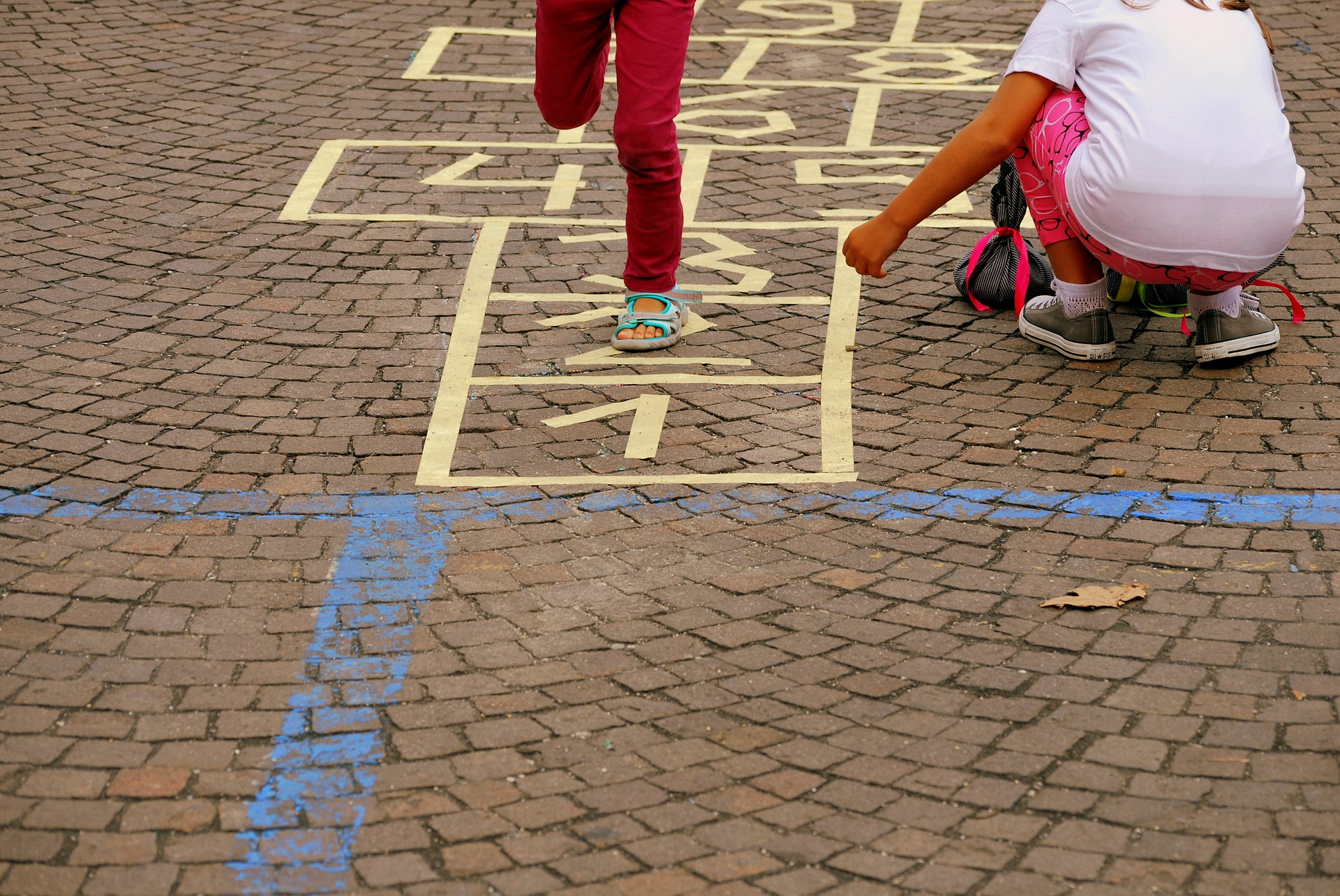
This week, clinical psychologist Lauren Elder offers advice on setting up play dates for children with autism.
Encouraging friendships is a priority for many parents, and a play date is a good first step. Playing with peers is difficult for many children with autism. So I’m glad you realize that a successful play date can require some planning. To maximize success, I recommend the following four steps:
Make sure your child is ready for play dates.
Children with autism are more likely to succeed with other children after they’ve gained the following skills.
* Some basic play skills. Your child needs to be able to play with toys and games, ideally those that interest other children his age.
* Some awareness and interest in peers. Your child doesn’t need to be skilled in interacting with other children. But it will help a lot if he’s interested and motivated to play with them.
* Can “practice play” with adults. For most children with autism, practice play with adults is the first step to interacting with children. As adults, we tend to be more structured and predictable and can provide appropriate prompting as needed. All this makes it easier for children with autism to learn basic play skills. These include taking turns and being able to play and share several different toys.
Choose the right playmate.
It’s important to make sure that the friend is a good match for your child. Ideally, find a friend who shares some of your child’s special interests. Play dates will be smoother if they’re naturally drawn to the same activities. If your child’s play skills are behind his peers, it can also help if the playmate is a little younger. In general, look for playmates who are patient and flexible. Many children with autism do well with peers who are friendly and willing to help draw others into social interactions.
Prepare, prepare, prepare
* Preselect the activities. I recommend starting with activities that are familiar to your child and have clear steps or roles. Examples include making (simple) cookies, a board game, video game or tag. In general, structured activities are easier than unstructured ones for children with autism. However, an unstructured activity that taps your child’s special interests (cars? trains? Lion King?) can be successful.
* Prepare a structured play date plan. Many children with autism have difficulty with transitions. It can help to give your child a visual schedule listing the planned play activities. If your child likes to play with a wide variety of toys, you might make clear that he and his friend will take turns choosing what to do next. I also recommend communicating a set end time. Generally, keep it under 30 minutes for the first play date. If that proves successful, consider adding time to the next visit.
* Role play with your child. Practice how to play with friends. Practice the activities you’ve planned, and describe or show your child the play date plan. Talk about things that might happen, such as the other child wanting to do something different than what your child wants to do. That will enable the two of you to talk about how your child should handle these situations.
Be ready to coach if needed.
While you want to use as light a touch as possible, you’ll probably need to help your child – at least as he begins to master this new skill. In particular, be ready to:
* Coach your child. He may need reminders to wait his turn, share, respond when his friend speaks to him, etc.
* Coach your child’s friend. With the right playmate, it can help to offer a few suggestions for interacting with your child. For instance, to “try again” if your child doesn’t immediately respond to a suggestion and to “gently ignore” an undesired behavior such as yelling.
* Let kids be kids. Coaching is important, but it’s equally important to give your child and his playmate a chance to work things out before you intervene.
I hope these tips help you witness many enjoyable play dates!
